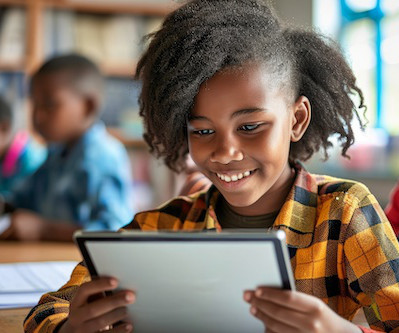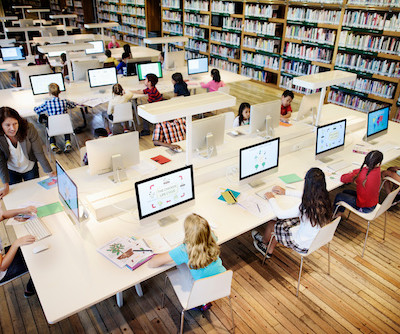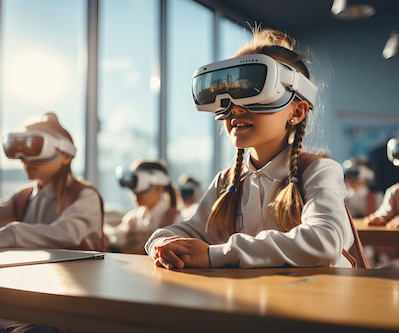How digital tools and AI can enhance social studies
eSchool News
APRIL 23, 2024
From interactive simulations to online databases of primary sources, these tools offer educators a wide array of resources to enrich their curriculum and foster student learning. Social studies education serves as the cornerstone for cultivating informed and engaged citizens capable of understanding the complexities of the world around them.

















Let's personalize your content